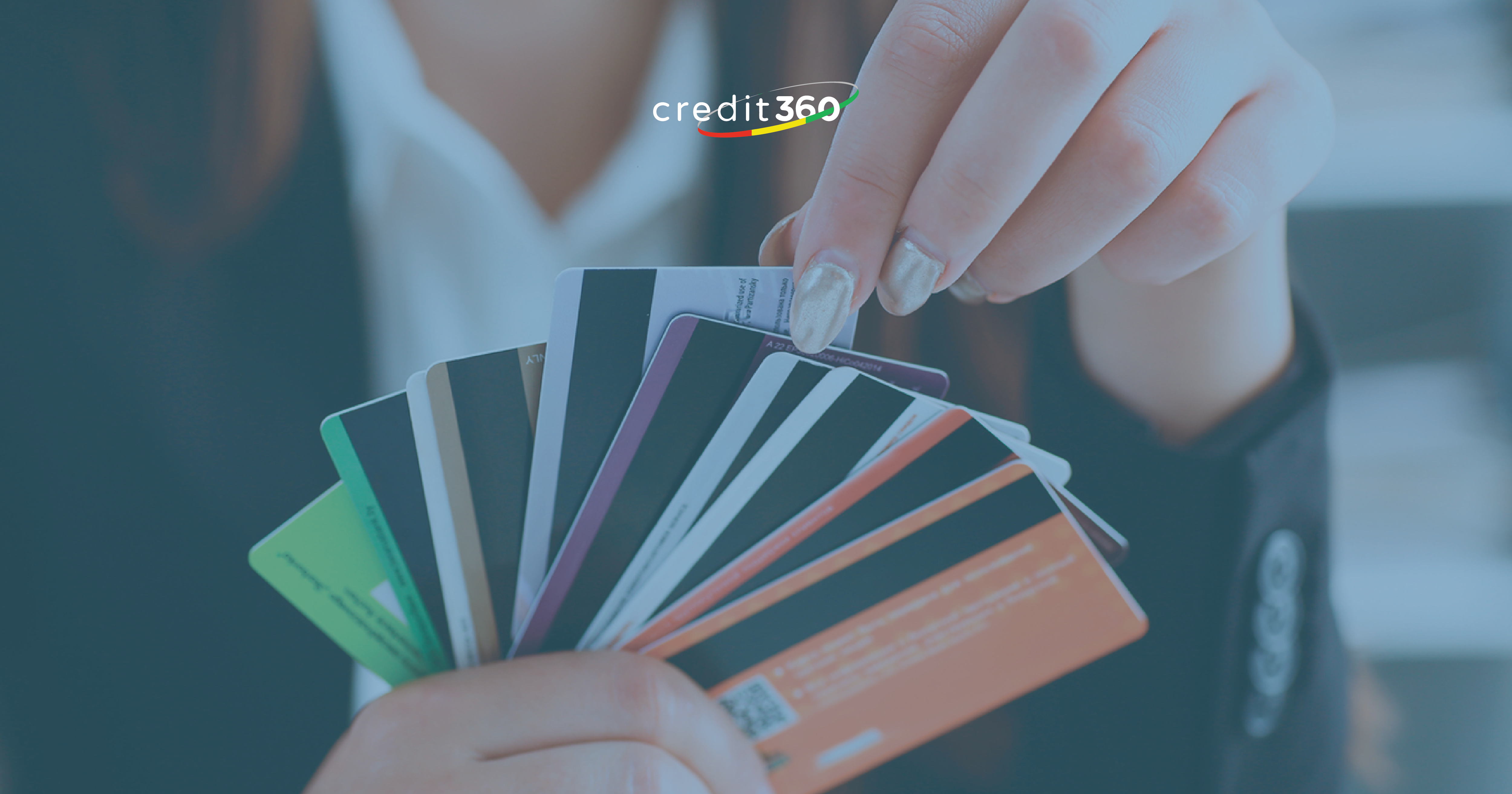
Many of the clients we help come with credit card debt. And that’s okay because it’s easy to fall into credit card debt. However, the fear of falling into credit card debt shouldn’t prevent you from owning a credit card. Our team of certified credit repair consultants suggests that owning a credit card can be a great resource in your wallet. However, credit cards can be daunting if not used correctly. This blog will cover the advantages and disadvantages of owning a credit card.
Contents
- Advantages
- Disadvantages
Advantages Of Credit Cards
Builds Credit
Owning and using a credit card helps build credit! Owning and properly managing a credit card will help improve your credit score. Having a credit score in good standing shows lenders that you’re responsible when managing your loans, making you a credible borrower. When you’re a credible borrower, lenders grant you access to low-interest rates for large-scale purchases like a car or home. As long as you’re managing your credit cards well by making payments on time and paying the statement balances in full, you can improve your credit score over time or maintain the score you already have.
Convenience
Credit cards are accepted worldwide! Specifically Visa and Mastercards. It is easier and safer to use credit cards as a source of spending than debit cards when travelling. Debit cards work in some countries but not all. Additionally, there are risks to using debit cards in foreign countries. Suppose you travel to a country without telling your bank, and you use your debit card to make a purchase. Your debit card would instantly be frozen, putting you in a stressful situation where you cannot access your funds in a foreign country. Also, when you use your debit card when travelling, you are putting your finances at risk of pin pad fraud or identity theft, which is a common occurrence worldwide.
By using credit cards as a source of payment in foreign countries, you are protecting your assets! If your credit card is stolen or subject to fraud, credit companies will insure any losses, meaning you and your finances are protected!
Purchase Protection
As previously mentioned, credit companies will insure any losses caused by fraud because of purchase protection. Purchase protection allows cardholders to file a claim with their credit issuer to receive a replacement, repair, or reimbursement for any eligible stolen or damaged items.
Major credit card companies like American Express, Mastercard, and Visa, implement different policies under purchase protection. That’s why it’s crucial to know your credit card’s policy before filing a claim. For example, Mastercard has a maximum payout limit up to $1000, whereas Visa has a maximum limit of $10,000 for specific cards. Thus, know your credit card’s purchase protection policy to receive the most out of the benefits.
Disadvantages Of Credit Cards
Impulse Spending
Knowing how to use a credit card responsibly is easier said than done. Since credit cards are aside from your personal finances, it is easy to overuse them and accumulate a high bill. That is why it is essential to use credit cards for priorities like bills instead of a shopping spree.
The more you use your credit card, the higher your credit utilization will be, which will affect your credit score. When lenders see that you have a high credit utilization, they will assume that you are dependent on your credit which will cause them to see you as a risky borrower. To overcome your temptation to use credit cards, avoid making everyday purchases by recognizing your priorities.
Interest Charges
Paying the minimum amount is fine when your financial situation prevents you from paying statement balances in full. The problem with only paying the minimum amount is that you’ll collect interest charges on the remaining balance.
Suppose you purchase an item for $25. If you don’t pay the entire amount before the next billing cycle, you’ll have to pay interest charges on top of the $25 spent. Meaning you’re spending more money on the item than you would have if you paid the entire amount before the end of the billing cycle. Interest charges can be a nuisance, especially if you’re only paying the minimum. However, you can avoid interest charges if you pay statement balances in full.
Fees
Cash advances and rewards credit cards sound intriguing, but these benefits come with fees. Cash advances mean withdrawing money from your credit card at a bank or ATM, but the credit company will charge you with a cash advance fee. The fee will either be a flat fee or a percentage of the transaction. On top of cash advance fees, you’ll be charged with interest on the withdrawal as well.
Usually, all credit cards have cash advance fees, but reward credit cards have annual credit card fees. Reward cards allow you to earn cashback, points, or miles, encouraging you to use credit cards over cash or debit cards. However, rewards come with annual fees, charged yearly, for owning a rewards card. Annual fees can range from $95 to $500. Some credit companies may waive the fee for the first year, but afterwards, payments are necessary. It’s beneficial to always review the terms and conditions before applying for a credit card. And if you do own a credit card, go over the agreement to understand how to use your credit card more effectively.
Owning a credit card is an inevitable rite of passage into adulthood. That’s why it’s essential to understand the pros and cons to prepare yourself for the responsibilities to come. Don’t be discouraged from owning a credit card with the disadvantages we listed. The mentioned cons are only effective if you don’t use your credit card wisely. At Credit360, we encourage you to look at the advantages of owning a credit card to learn how you can use a credit card to benefit you.
Written By: Indojaa Sathiyaseelan

